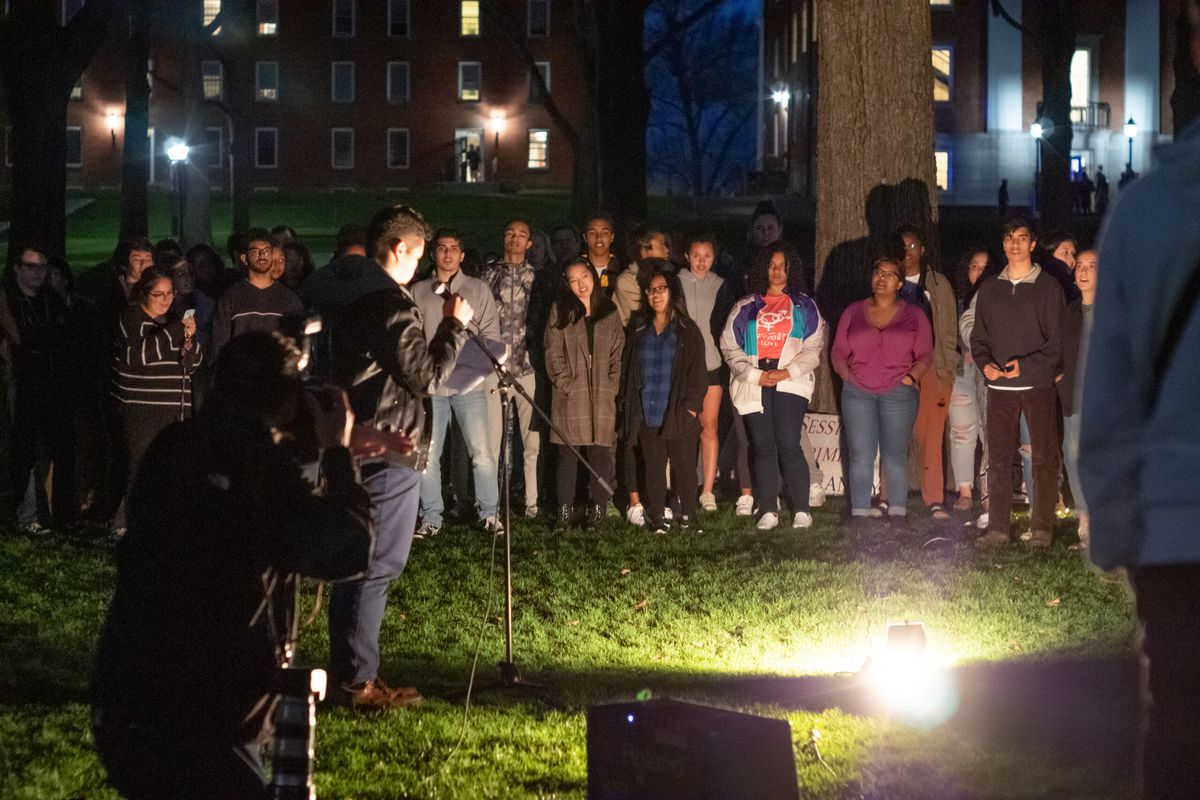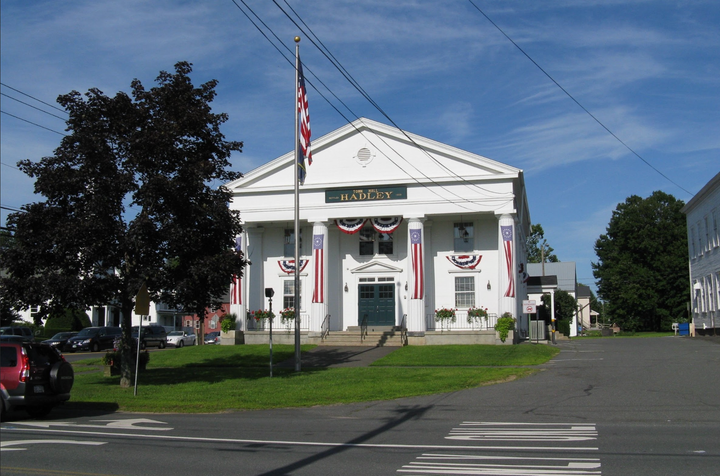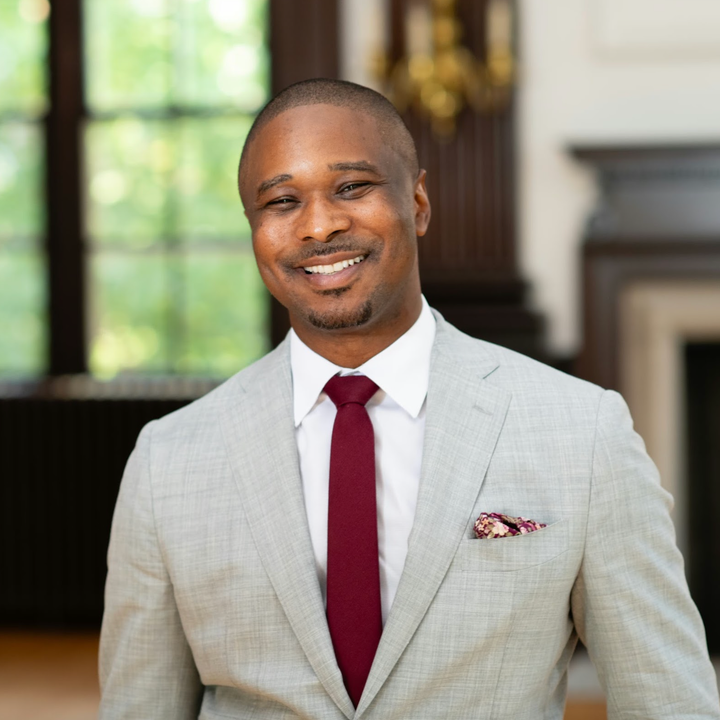New Policy Sets Regulations for Protests

The college has implemented a new policy addressing student protests and free expression. Part of an annual update to the Student Code of Conduct, the policy is the first of its kind at Amherst and was introduced alongside another policy concerning facilities and ground use. The policies went into effect at the beginning of the fall semester.
The policy outlines guidelines that students must adhere to when organizing protests and includes six sections: a statement of academic and expressive freedoms, which was voted on by the faculty in 2016; a statement of respect for persons; guidelines for protests, demonstrations and peaceful dissent; guidelines for planning an appearance by an outside speaker, a protest or a demonstration; guidelines for a demonstration’s time, place and manner; and a description of consequences for violations.
According to the policy, the college “may assign, reassign and/or limit activities to particular locations on Amherst College property,” “place reasonable limitations on the time, place and manner of any speaker, protest, or demonstration” and “reserves the discretion to postpone, cancel or prohibit any speaker, protest, or demonstration if the conditions of this policy are not met,” among a variety of other guidelines and restrictions on matters like invited speakers.
Members of the college community who violate the policy’s guidelines are subjected to the college’s disciplinary policies, while unaffiliated individuals may be arrested or face other legal action.
“[The college] prizes and defends the ability of teachers and students to teach and learn free from coercive force and intimidation and subject only to the constraints of reasoned discourse and peaceful conduct,” the policy states. “The college also recognizes that such freedoms entail responsibility for one’s actions. Thus the college encourages and facilitates the expression of views by its members so long as there is no use or threat of force, nor interference with opportunities for others to express their views.”
The policy comes after a rise in protests on campus over the last few years. In 2015, students staged a demonstration in Frost Library, known as Amherst Uprising, condemning racial injustice and standing in solidarity with students at the University of Missouri and Yale, later presenting in a list of demands to the college. In the wake of the election of President Donald Trump in 2016, students organized protests against the president’s plan for his first 100 days in office, along with the implementation of the travel ban geared towards predominantly Muslim countries. Students joined together during a rally in 2017 after a noose was found on Pratt Field. This past spring, nearly 70 students walked out of former Attorney General Jeff Sessions’ talk on campus and demonstrated on the first-year quad.
The Office of Student Affairs first announced the policy in an email on Aug. 28 reminding students to complete a set of actions on AC Data prior to the start of the semester. All students must agree to a number of school policies, including the updated student code of conduct, in order to register for classes.
According to an FAQ accompanying the Student Code of Conduct, the policy first underwent drafting in 2017 by the Incident Readiness Working Group, an administrative group comprised of representatives from the Office of Student Affairs, Campus Operations, Office of Communications, Office of Diversity and Inclusion and the Provost and Dean of the Faculty’s Office. The group, along with the policy, was developed in response to a need for the college to be “prepared to handle incidents associated with national and regional social and political unrest, such as the events that occurred in August 2017 at the University of Virginia,” the FAQ states.
The Unite the Right rally, a demonstration staged by white supremacists, was held in August 2017 through and around the University of Virginia campus. The rally quickly became violent, with one demonstrator driving his car into a group of counter-protesters, killing one and injuring another 30.
“This policy is designed to promote safe and peaceable protests, demonstrations and other acts of peaceable dissent, as well as to limit the ability of anyone who is not affiliated with Amherst College to use the college as a stage for provocation,” Chief Student Affairs Officer Karu Kozuma said in an email interview.
Prior to the introduction of the policy, Kozuma said that the college had not adopted an official stance on student protests, though there had been a series of common practices students followed when organizing protests.
Apart from more clearly defining those practices, the policy also includes a new requirement that requests students consult with one of four departments — Office of Student Affairs, Office of the Provost and Dean of the Faculty, Conferences and Special Events or the Amherst College Police Department (ACPD) — to ensure that proper safety measures are in place.
“We exchange contact information with the organizers and review the policy so that all of us understand our own — and each others’ — responsibilities. By having a discussion in advance, we are able to avoid unintentional conflict due to misunderstandings,” Chief of Police John Carter said in an email interview.
He added that despite the introduction of the policy, the role of ACPD remains the same.
“Our primary function is to provide a safe environment in which our community members live and learn,” he said. “ Historically — and this remains true to this day — the role of ACPD in regards to protests has been to work with our community to enable an exchange of viewpoints, ensure everyone’s safety and maintain the good working order of the college. We are dedicated to those principles. They are not mutually exclusive and we have consistently worked with the community through the years to make this happen.”
For students actively organizing campus protests, the policy poses a varied set of reactions. The Direct Action Coordinating Committee (DACC), an on-campus organization that has organized protests including the walkout during Sessions’ talk, questioned what the policy’s promotion of “safe and peaceful exchange of ideas” meant.
“What does it mean to ‘not interfere with opportunities for others to express their views’ when those views are situated in a long legacy of slow violence?,” the group said in a statement to The Student. “A legacy that ‘interferes’ not just with the views of black people, indigenous people, poor people, queer people and other oppressed peoples — but interferes with their struggles for liberation.”
“What does it mean when the college requires students of color to request permission from the police, an institution that has served as a form of repression since its inception, in order to be allowed to merely speak out against these views?” the group continued, responding to the policy’s requirement to notify one of four offices when organizing demonstrations.
On the other hand, Ella Peterson ’22, one of the organizers for the upcoming Climate Strike on Sept. 27, found the policy’s guidelines to be “reasonable.”
“[We] have been meeting with [Director of Student Activities] Paul Gallegos and the Office of Environmental Sustainability, so I don’t think [the strike] will be a surprise to the administration,” Peterson said. “It, of course, has to be a peaceful action.”




Comments ()